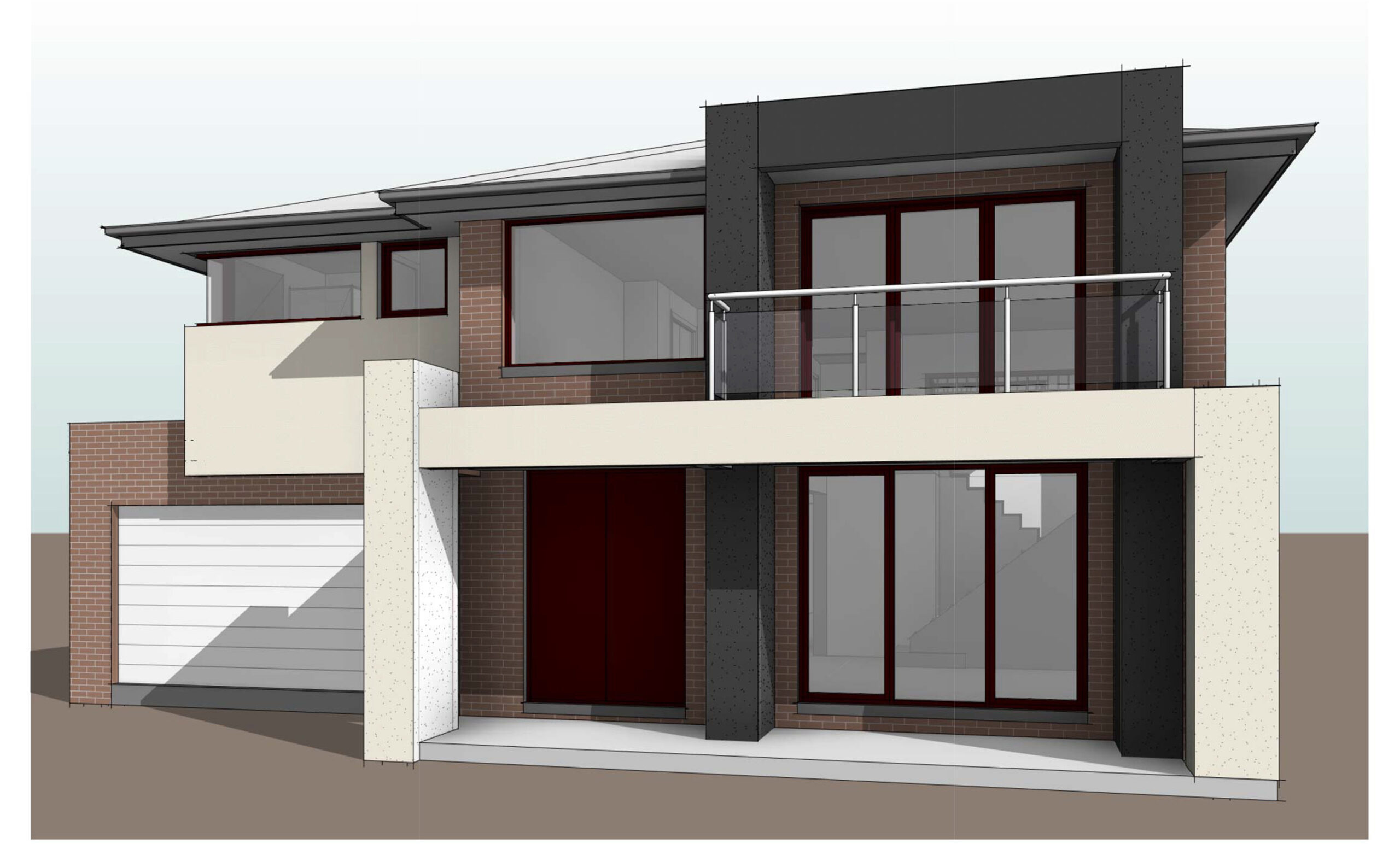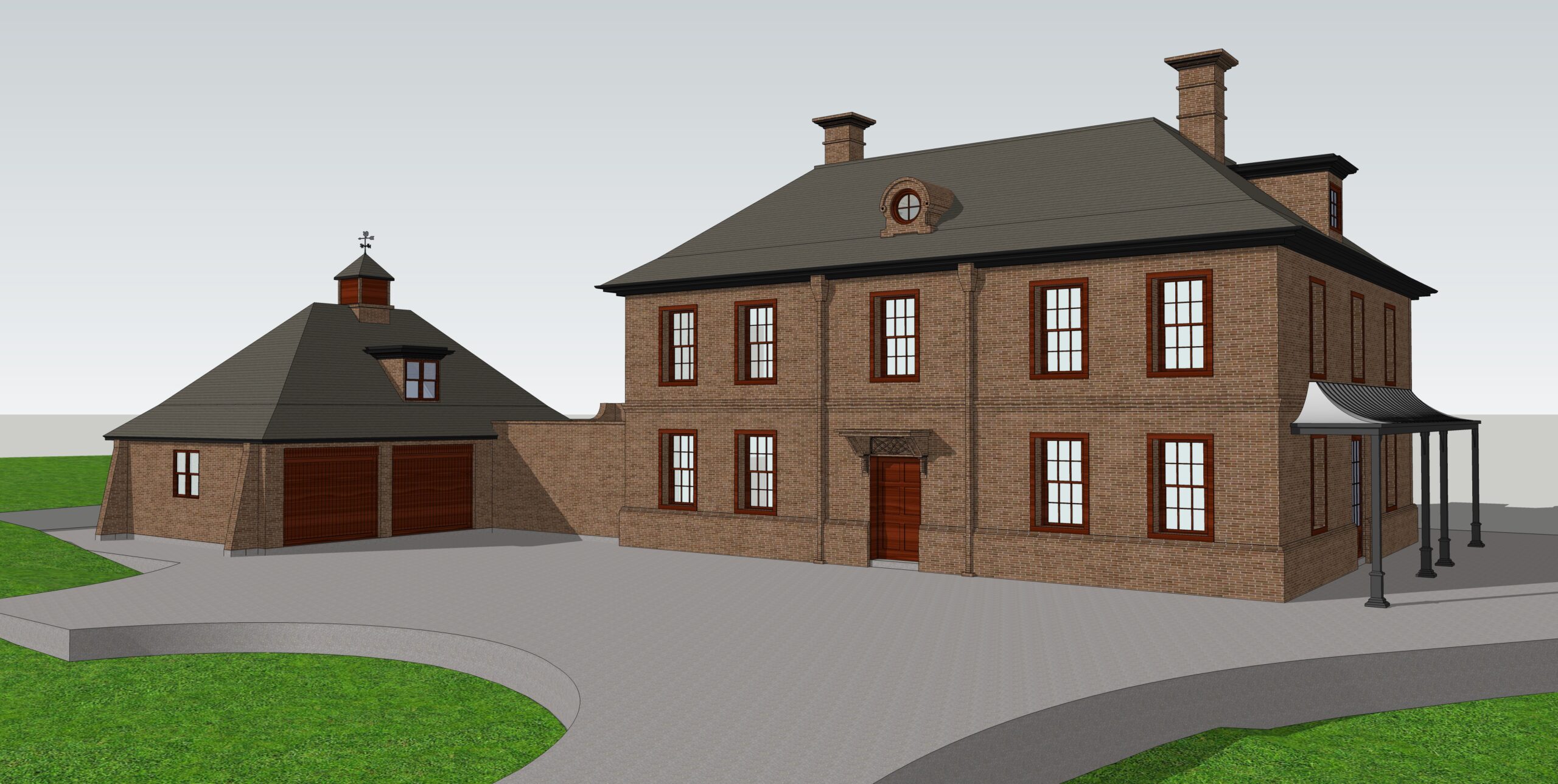The Future of Outsourcing Architectural Works
Posted on : Jul 21, 2023
Outsourcing architectural works has been a game-changer for the architectural industry, providing a plethora of benefits that enhance creativity, efficiency, and cost-effectiveness. As the world continues to embrace technological advancements and global collaboration, the future of outsourcing in architecture looks incredibly promising. In this article, we will delve into the exciting possibilities that lie ahead and explore how outsourcing will shape the architectural landscape in the coming years.
Embracing Technological Advancements
The future of architectural outsourcing will be heavily influenced by technological innovations. One such advancement that holds immense potential is Building Information Modeling (BIM). BIM has revolutionized the way architects plan, design, and construct buildings by providing a comprehensive digital representation of the project. This technology streamlines communication, collaboration, and data management among various stakeholders involved in the architectural process.
With BIM becoming increasingly prevalent, architectural outsourcing will also adapt to this transformative technology. BIM allows for seamless integration of outsourced components into the overall project, ensuring a cohesive and unified design approach. As more architectural firms adopt BIM, the demand for outsourcing specialized BIM services will rise, opening up new avenues for collaboration and expertise.
The Rise of Remote Work
The future of outsourcing in architecture will witness a surge in remote work arrangements. The COVID-19 pandemic accelerated the shift toward remote work, demonstrating its feasibility and effectiveness. Architects and design professionals have realized the benefits of working from diverse locations, and this trend is expected to continue.
Architectural outsourcing will embrace this remote work culture, enabling firms to collaborate with talent from different parts of the world. Remote work eliminates geographical barriers and time zone constraints, leading to a 24/7 work cycle and accelerated project timelines. By tapping into a global talent pool, architectural firms can access specialized skills and diverse perspectives that enrich the creative process.
Augmented Reality and Virtual Reality Integration
As technology continues to advance, the integration of augmented reality (AR) and virtual reality (VR) in architectural outsourcing will become more prevalent. These immersive technologies offer unique opportunities to visualize and experience architectural designs in a realistic and interactive manner.
Outsourcing architectural firms will leverage AR and VR to present design concepts to clients and stakeholders effectively. Virtual walkthroughs and real-time modifications will enable architects and clients to make informed decisions, leading to improved project outcomes. Integrating AR and VR in the outsourcing process will enhance communication, reduce design errors, and increase client satisfaction.
Sustainable and Green Designs
The future of architectural outsourcing will be marked by a growing emphasis on sustainability and green designs. As global awareness of environmental issues intensifies, architectural firms are under increasing pressure to adopt eco-friendly practices.
Outsourcing architectural works to firms with a strong commitment to sustainable design principles will become a priority for environmentally-conscious clients. Collaborating with outsourcing partners that prioritize green solutions will allow architectural firms to incorporate eco-friendly elements into their projects seamlessly. This alignment with sustainable practices will not only benefit the environment but also enhance the reputation and credibility of both the architectural firm and their outsourcing partners.
AI-Powered Solutions
Artificial Intelligence (AI) will play a pivotal role in shaping the future of architectural outsourcing. AI-powered tools can automate repetitive tasks, such as drafting, rendering, and cost estimation, significantly improving overall efficiency.
Outsourcing architectural firms will increasingly adopt AI-driven solutions to streamline their workflows and deliver projects more efficiently. By harnessing the power of AI, architectural firms can focus on higher-level design aspects and problem-solving, leading to greater innovation and creativity.
Customization and Personalization
The future of architectural outsourcing will be marked by a heightened focus on customization and personalization. With advancements in data analytics and AI-driven tools, architectural firms can gain a deeper understanding of their clients’ needs and preferences. By collaborating with outsourcing partners who specialize in data analysis and customer-centric design, architectural firms can create tailored solutions that align with the unique requirements of each project and client.
The ability to offer personalized architectural designs and experiences will give firms a competitive edge and enhance client satisfaction. Customization will not only extend to the physical design of buildings but also encompass smart technologies and sustainable features, catering to the growing demand for eco-friendly and technologically advanced structures.
Cross-Disciplinary Collaboration
As architectural projects become increasingly complex and multidimensional, the future of outsourcing will witness a rise in cross-disciplinary collaboration. Architectural firms will engage with outsourcing partners from various fields, such as engineering, interior design, landscape architecture, and even virtual reality experts.
This collaborative approach will lead to integrated and holistic solutions that address multiple aspects of a project simultaneously. By tapping into diverse expertise, architectural firms can offer comprehensive services to their clients, elevating the quality and functionality of their designs.
Block chain in Architectural Outsourcing
Block chain technology is set to play a significant role in the future of architectural outsourcing. The decentralized and transparent nature of block chain ensures secure and efficient handling of project data, contracts, and payments.
By utilizing block chain-based platforms, architectural firms can streamline their outsourcing processes, track project progress, and establish smart contracts with outsourcing partners. This technology not only enhances data security but also fosters trust and accountability in business relationships.
Outsourcing for Niche Markets
The future of architectural outsourcing will witness a rise in niche specialization. Architectural firms may seek outsourcing partners who have expertise in niche areas, such as sustainable architecture, historical preservation, cultural integration, or disaster-resilient designs.
Outsourcing to niche experts allows architectural firms to deliver highly specialized and tailored solutions to clients with unique project requirements. It opens doors to projects that require specialized knowledge and experience, giving architectural firms a competitive advantage in the market.
Enhanced Virtual Collaboration
With the advancement of virtual collaboration tools and platforms, the future of architectural outsourcing will experience a shift towards more immersive and real-time interactions. Virtual design studios and project management platforms will facilitate seamless communication and collaboration between architectural firms and their outsourcing partners.
Virtual reality (VR) and augmented reality (AR) will enable architects and clients to visualize and experience designs in a more engaging and interactive manner. These technologies will bridge the geographical gap, bringing together teams from different parts of the world to work cohesively on projects.
Conclusion
The future of outsourcing architectural works is full of immense potential and exciting developments. From embracing technology-driven solutions to fostering cross-disciplinary collaboration and leveraging block chain technology, architectural firms are poised to enhance their capabilities and deliver exceptional projects to their clients.
As the architectural industry continues to evolve, architectural outsourcing will remain a key strategy for firms seeking to stay competitive, innovative, and adaptable to the ever-changing demands of the global market. By embracing the trends and innovations outlined in this article, architectural firms can pave the way for a future of limitless possibilities and creativity in their pursuit of architectural excellence.




